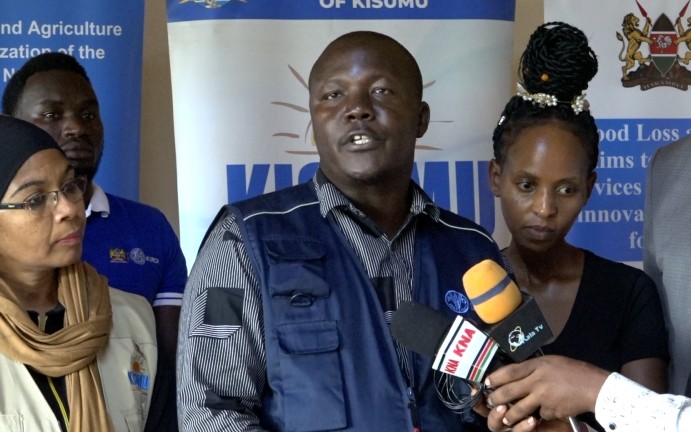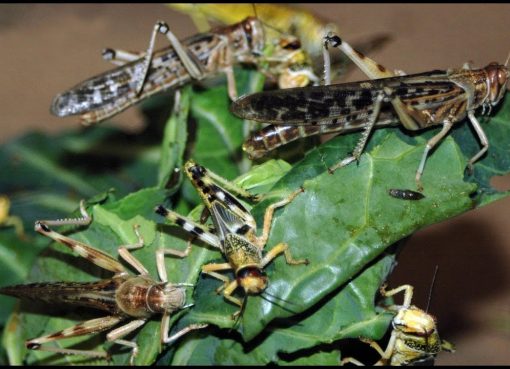Twenty Micro, Small and Medium Enterprises (MSMEs) have successfully completed a specialised training programme aimed at addressing food loss and waste, a growing challenge to Kenya’s food security.
The training conducted by the Kenya Industrial Research and Development Institute (KIRDI) in partnership with the Food and Agriculture Organisation (FAO) introduced participants to innovative strategies and technologies designed to minimise food wastage across the supply chain.
The seven-month ’programme, held in Kisumu, equipped MSMEs with practical skills in post-harvest handling, cold chain management, value addition and food preservation techniques.
Participants were also trained on modern storage solutions, improved packaging and sustainable food recovery methods that help reduce spoilage and enhance food longevity.
Speaking in Kisumu during the graduation ceremony, Hamisi Williams, Assistant FAO Representative for Kenya, emphasised the urgency of tackling food loss and waste, citing its significant impact on food security and economic stability.
Food loss and waste, he said, remain a big challenge to the country’s food security and nutrition efforts, with about 30 per cent of the food produced in the country going to waste.
“This may look like a small number, but the reality is it leads to a shortage, forcing the government to import and explore other alternatives to bridge the gap,” he said.
FAO, he said, has partnered with the government to develop a National Food Loss Management Strategy, which is set to be domesticated by the county government to bolster efforts to the concern.
Another key intervention, he said, was the rollout of the Warehouse Receipt System, whose aim is to address post-harvest losses by offering storage facilities to farmers while scouting for markets.
“A lot of food goes to waste due to poor handling and storage. The warehouse receipt system offers a long-term solution with farmers able to use the receipts to offset some bills,” he said.
KIRDI Director in Charge of Technology Transfer and Extension Services, Dr. Francis Polong, said the training targeted fish, dairy, African leafy vegetables, potatoes, mangoes, tamarind, organic manure, oranges and sweet potato value chains.
The trainee was also taken through the development of business models and marketing to ensure that their products compete effectively in the market.
Dr. Polong said KIRDI, which also offers common manufacturing and business incubation services, will continue to work with MSMEs across the country to address food loss and waste.
Speaking during the same occasion, Kisumu County Executive Committee Member (CECM) in charge of Trade, Tourism and Marketing Faridah Salim lauded the partnership, saying the beneficiaries who are working on different value chains will be able to use the knowledge to scale up efforts in curbing food loss and waste.
She said the county government of Kisumu will continue to work with FAO to strengthen food systems, calling on the beneficiaries of the training to cascade the information.
By Chris Mahandara





